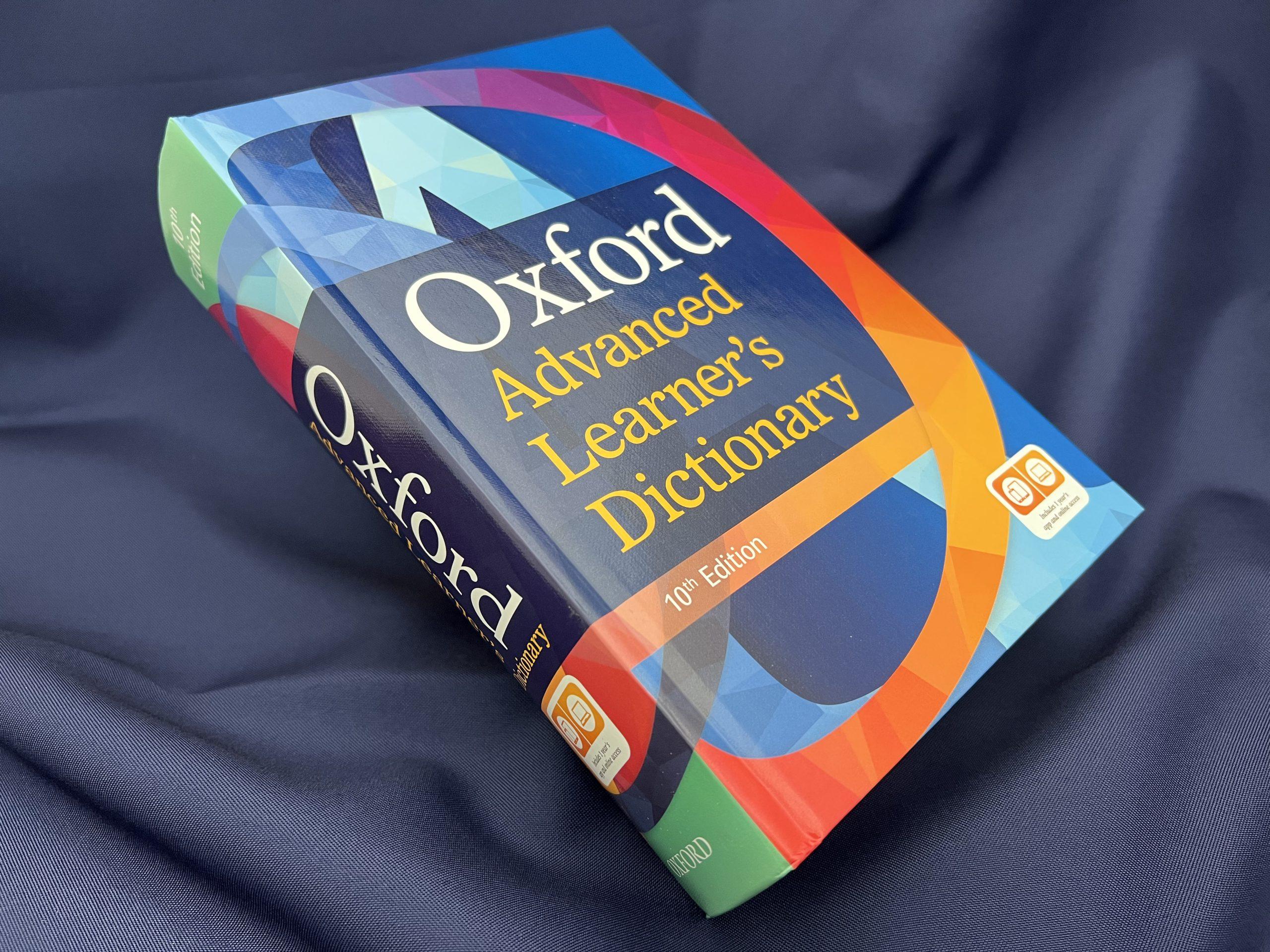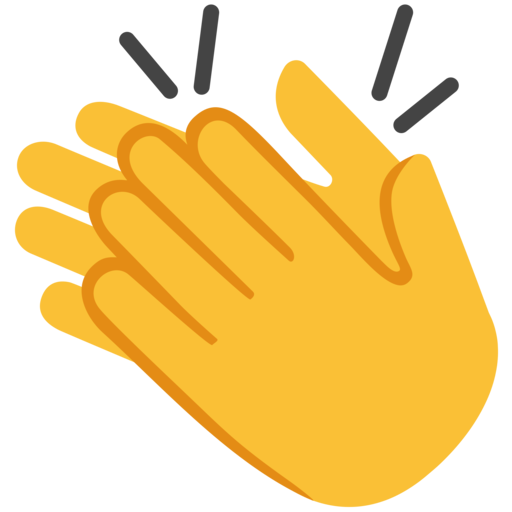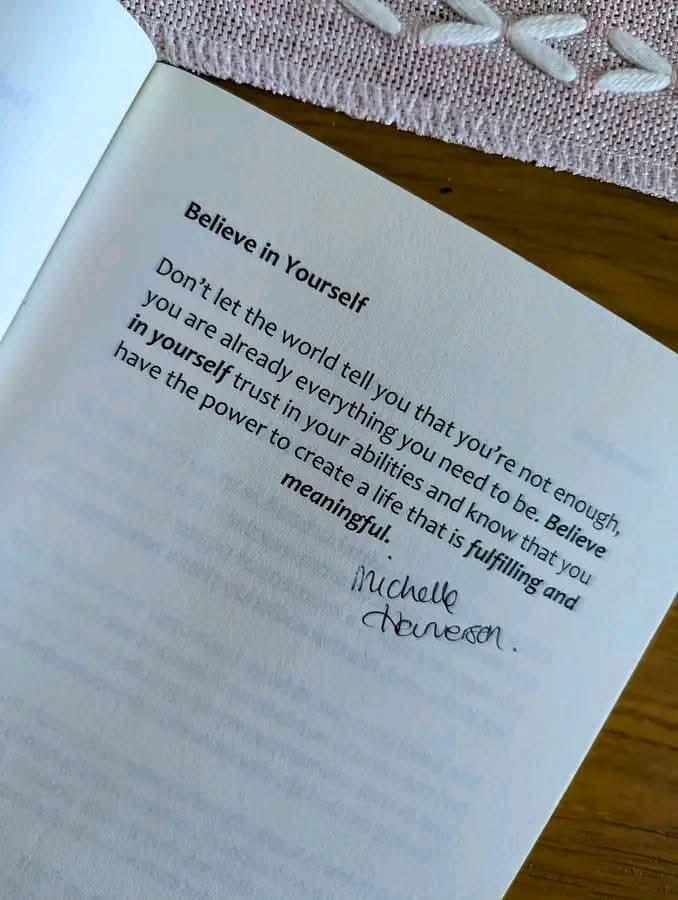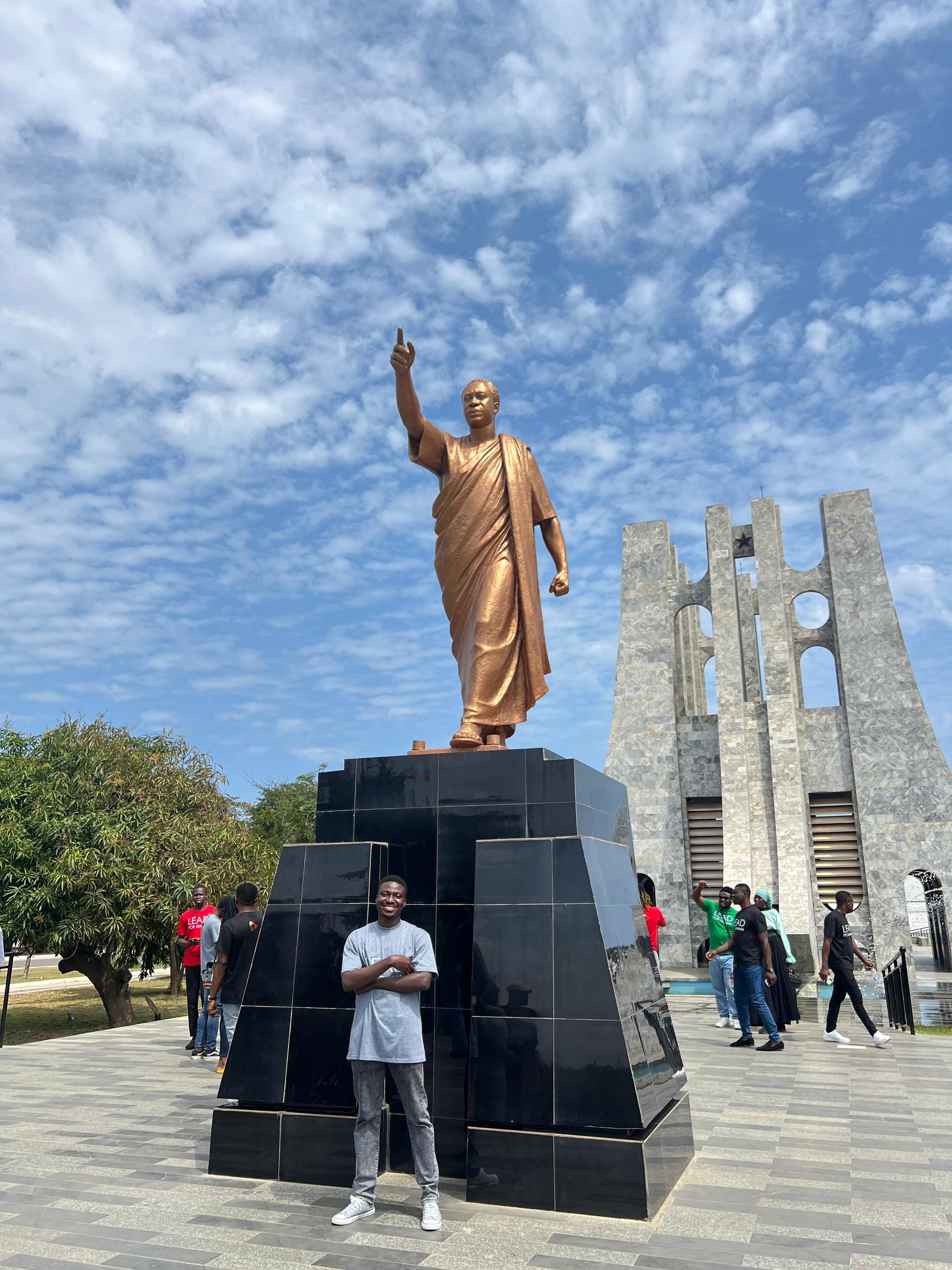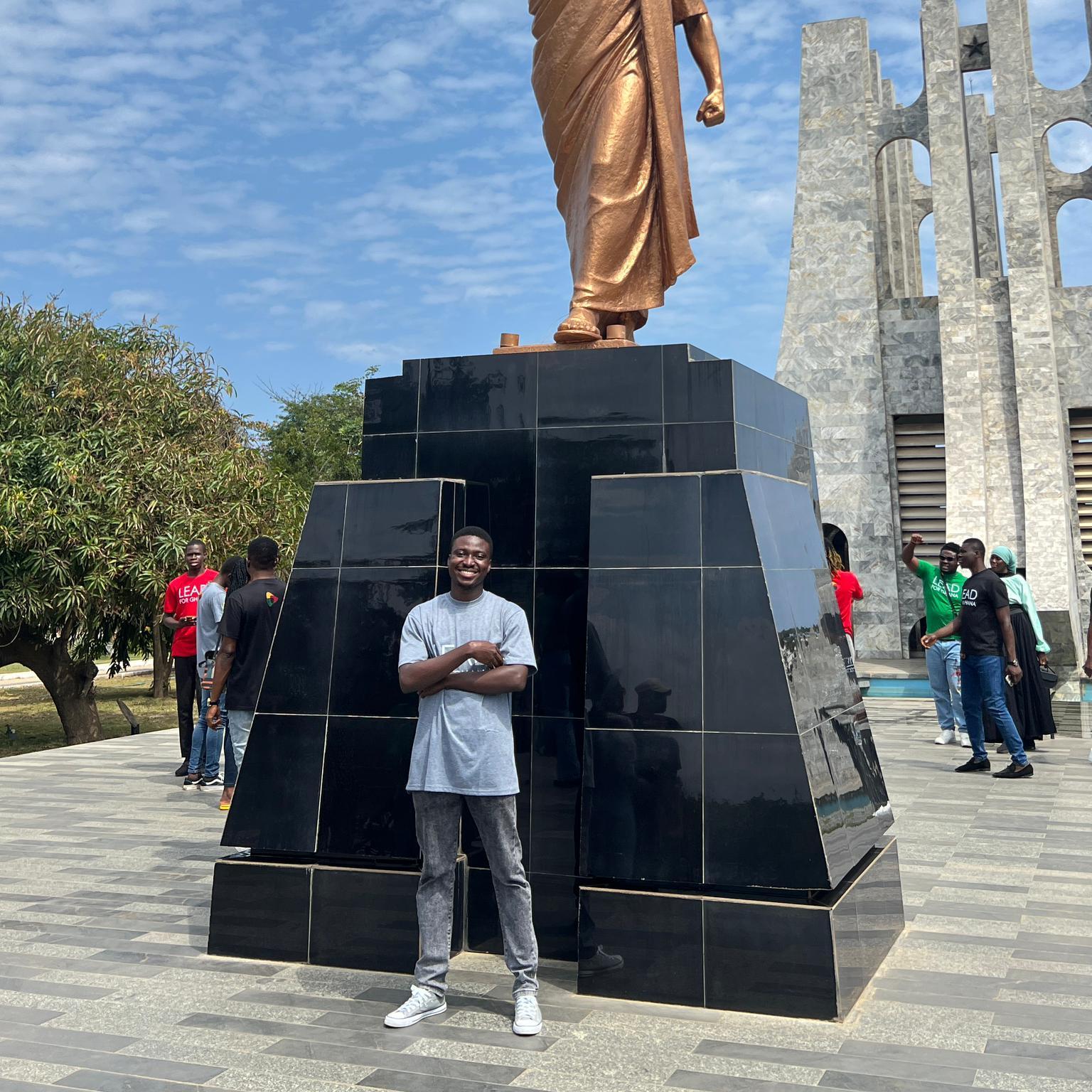
@Will
I am a licensed English language teacher with over four years of teaching experience (English language, IELTS, TOEFL, and ESL). I am passionate about exploring opportunities that will deepen my knowledge and skills in evaluating, designing, and analyzing educational policies in Ghana and internationally. As an educator, I often ask myself, "What is the essence of education if learners are not empowered to solve societal challenges after gaining knowledge in school?" This question drives my commitment to impactful education reform and meaningful learning outcomes.
7 Berichten
4 foto's
0 Video’s
Woont in Accra
Vanaf Central Region
Male
-
THE ESSENCE OF HARD COPY DICTIONARIES
In Ghana’s current educational landscape, the use of hard copy dictionaries, especially in second-cycle institutions, has drastically declined. This was not the case just a few years ago. But what are the implications of this shift on learners’ literacy development?
First, the decline has affected learners' scanning skills. Without the regular use of physical dictionaries, many students struggle to master scanning, a skill that is essential for reading comprehension. With electronic dictionaries, there is no need to scan; you just type the word, and the meaning appears instantly.
Secondly, learners are missing out on incidental vocabulary acquisition. While flipping through hard copy dictionaries, students often stumble upon new words. That kind of passive exposure is rare with the digital versions.
In addition, the once-common habit of building a personal word bank is slowly fading. Sure, students can Google a word’s meaning anytime, which is convenient, but it also means fewer are keeping a personal record of new vocabulary they encounter while reading. ✍
My Suggestion:
Let us encourage a hybrid approach of using both hard copy and digital dictionaries in our classrooms. This could enhance vocabulary development, spelling, scanning skills, and overall reading comprehension.
What’s your take on the use of hard copy dictionaries in schools today?
Should we encourage their usage alongside the digital ones?
Can you think of any other benefits of using hard copy dictionaries?📘 THE ESSENCE OF HARD COPY DICTIONARIES 📘 In Ghana’s current educational landscape, the use of hard copy dictionaries, especially in second-cycle institutions, has drastically declined. 📉 This was not the case just a few years ago. But what are the implications of this shift on learners’ literacy development? 🤔 First, the decline has affected learners' scanning skills. Without the regular use of physical dictionaries, many students struggle to master scanning, a skill that is essential for reading comprehension. With electronic dictionaries, there is no need to scan; you just type the word, and the meaning appears instantly. 💻 ➡️ 📖 Secondly, learners are missing out on incidental vocabulary acquisition. While flipping through hard copy dictionaries, students often stumble upon new words. That kind of passive exposure is rare with the digital versions. 📚 🔍 In addition, the once-common habit of building a personal word bank is slowly fading. Sure, students can Google a word’s meaning anytime, which is convenient, but it also means fewer are keeping a personal record of new vocabulary they encounter while reading. 🧠 ✍ 📝 My Suggestion: Let us encourage a hybrid approach of using both hard copy and digital dictionaries in our classrooms. This could enhance vocabulary development, spelling, scanning skills, and overall reading comprehension. 🆙📖✨ 💬 What’s your take on the use of hard copy dictionaries in schools today? 👉 Should we encourage their usage alongside the digital ones? 🤔 Can you think of any other benefits of using hard copy dictionaries?· 1 Reacties ·0 aandelen ·22K Views ·0 voorbeeld 2
2
-
AN OVERLOOKED CAUSE OF POOR ACADEMIC PERFORMANCE IN GHANA: THE NEED FOR EFFECTIVE PERSONAL STUDY TIME
As an educator, I am constantly seeking creative and effective ways to help my students excel academically. This drive has led me to explore the factors contributing to poor academic performance. Among the identified factors, I have observed that the most prominent issue within the Ghanaian context is the lack of effective personal study time for students. However, this issue remains under-researched.
Much attention has been directed toward challenges such as inadequate professional teachers, insufficient teaching and learning resources, and limited instructional time. Yet, I have noticed that even in the presence of these resources, students' academic performance often remains subpar. This is primarily because they lack the opportunity for effective and productive personal study time to review classroom lessons, engage in further reading, and conduct independent research.
I believe it is time for educators, stakeholders, policymakers, and curriculum developers to reevaluate the structure of teacher-student contact hours. By reducing these contact hours and prioritizing intensive personal study time for students, we can empower them to take greater ownership of their learning and improve academic outcomes.AN OVERLOOKED CAUSE OF POOR ACADEMIC PERFORMANCE IN GHANA: THE NEED FOR EFFECTIVE PERSONAL STUDY TIME 🤔 As an educator, I am constantly seeking creative and effective ways to help my students excel academically. This drive has led me to explore the factors contributing to poor academic performance. Among the identified factors, I have observed that the most prominent issue within the Ghanaian context is the lack of effective personal study time for students. However, this issue remains under-researched. Much attention has been directed toward challenges such as inadequate professional teachers, insufficient teaching and learning resources, and limited instructional time. Yet, I have noticed that even in the presence of these resources, students' academic performance often remains subpar. This is primarily because they lack the opportunity for effective and productive personal study time to review classroom lessons, engage in further reading, and conduct independent research. I believe it is time for educators, stakeholders, policymakers, and curriculum developers to reevaluate the structure of teacher-student contact hours. By reducing these contact hours and prioritizing intensive personal study time for students, we can empower them to take greater ownership of their learning and improve academic outcomes.· 5 Reacties ·0 aandelen ·17K Views ·0 voorbeeld 2
2
-
What are your plans for the upcoming year? Do you intend to continue with the 2024 unmet goals or discard them altogether and set new ones?What are your plans for the upcoming year? 🤔 Do you intend to continue with the 2024 unmet goals or discard them altogether and set new ones?· 0 Reacties ·0 aandelen ·2K Views ·0 voorbeeld2

Meer blogs



